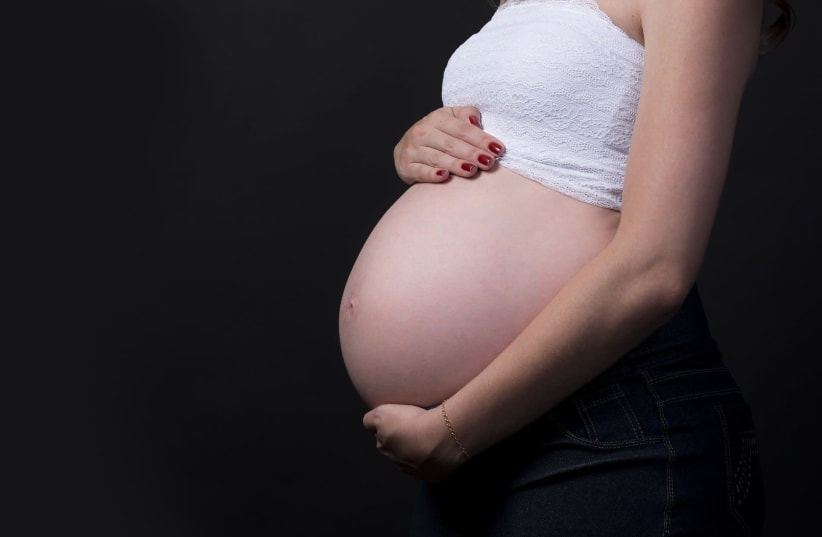Human eggs able to 'choose' which sperm cell reaches it, study finds
"Research on the way eggs and sperm interact will advance fertility treatments and may eventually help us understand some of the currently 'unexplained' causes of infertility in couples."
